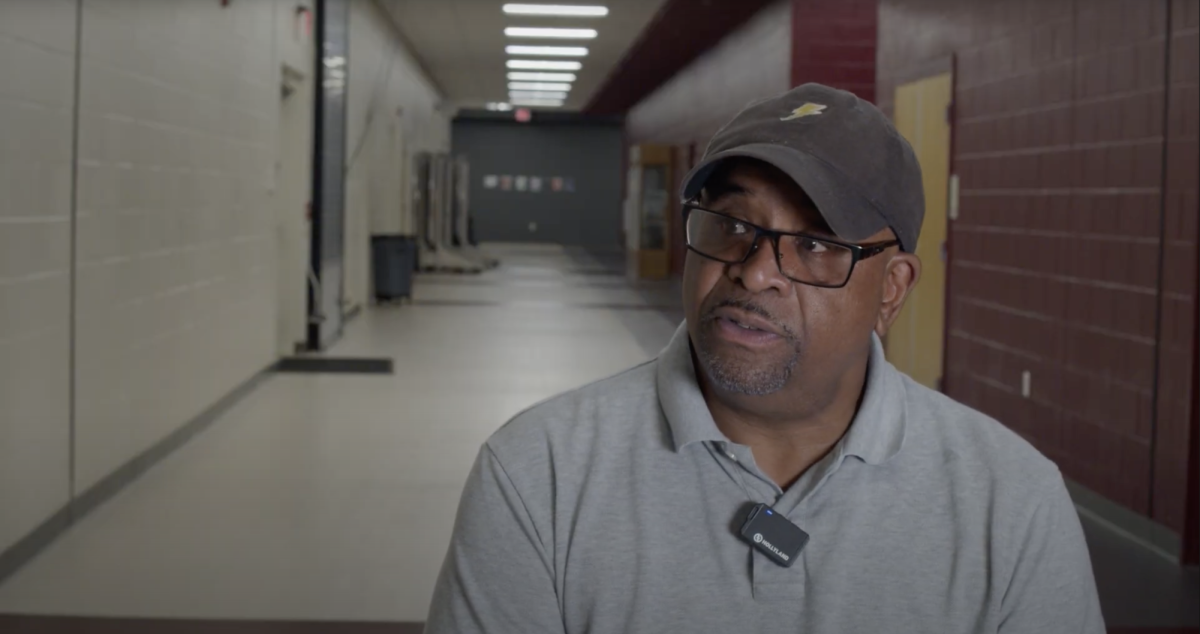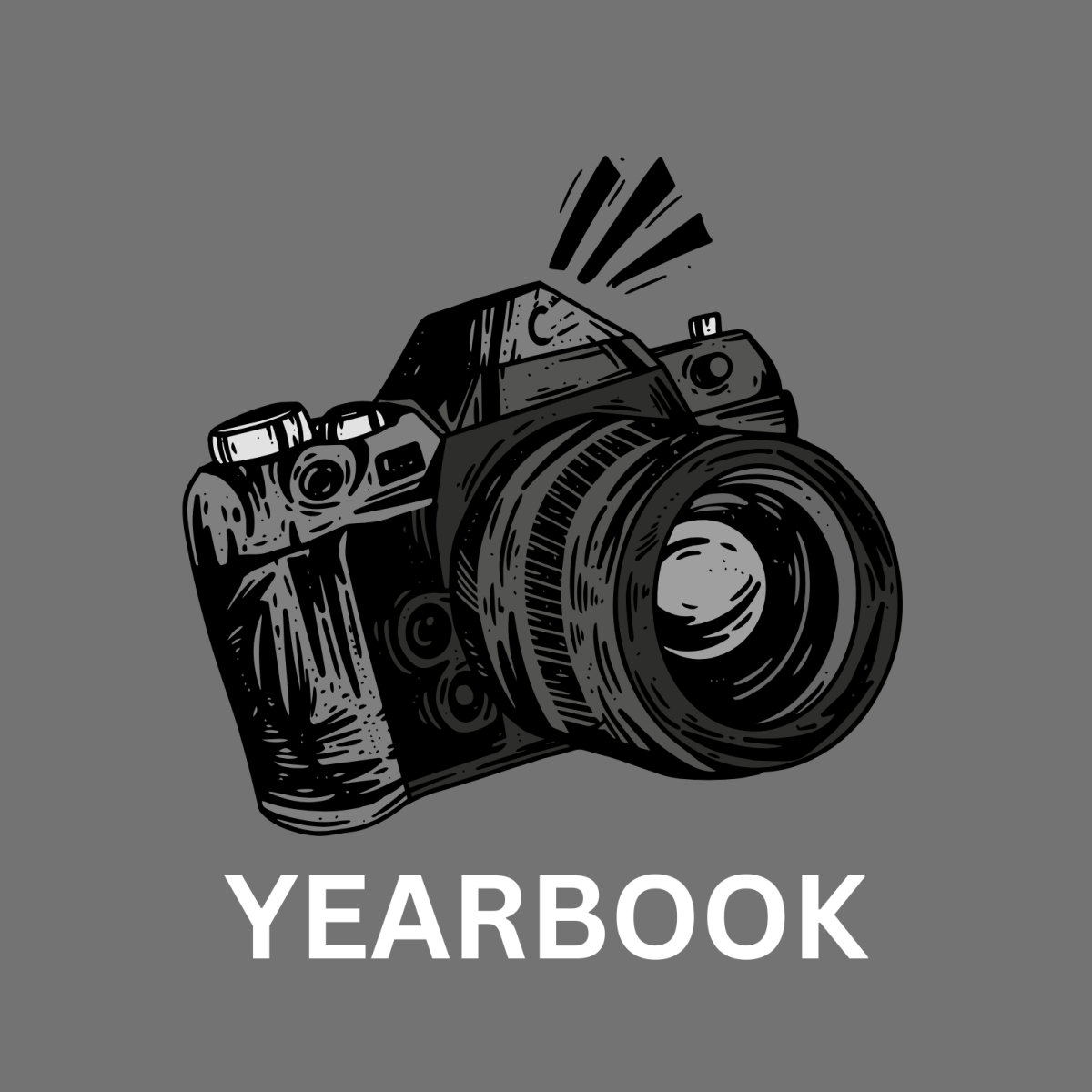The music industry is undergoing major changes as artificial intelligence reshapes creation, production, and consumption. From AI-generated vocals to algorithmic songwriting tools, the technology is both empowering artists and raising existential questions about originality, copyright, and artistic value.
Creative Augmentation vs. Ethical Concerns
AI tools like Amper Music and UDIO enable musicians to generate melodies, lyrics, and full tracks in minutes, streamlining both workflows and production. For instance, The Beatles used AI to isolate John Lennon’s vocals from a noisy demo, allowing the release of their final song, “Now and Then.” However, AI systems often train on copyrighted material without licensing, and voice-cloning tools have sparked controversies, such as the viral fake Drake/Weekend track “Heart on My Sleeve.” Artists now face the risk of unauthorized replication of their voices, styles, and likenesses.
Market Saturation and Discovery Challenges
Over 100,000 songs are uploaded daily to streaming platforms, and AI could lead to not only releasing more songs, but also removing the creativity in the industry. While algorithms help listeners navigate various libraries, they risk unsaturating music by prioritizing commercially proven patterns. Emerging artists struggle to stand out in a landscape increasingly crowded with AI-generated content, which could marginalize human creativity.
Copyright and Legal Uncertainty
Current copyright frameworks are very unprepared to address AI-generated music. Courts are grappling with questions of ownership when AI synthesizes works using fragments of existing songs. Licensing models for training data remain unresolved, leaving artists uncompensated for AI systems that replicate their styles.
Advantages of AI
Major labels and platforms are integrating AI into their strategies. For example, YouTube’s Dream Track and similar tools allow creators to generate soundtracks using AI voices of licensed artists. Colleges like Ohio State are preparing students with AI-focused courses, emphasizing hands-on experimentation with generative tools. Meanwhile, AI assists in technical tasks like vocal pitch correction, audio mastering, and track separation, reducing production costs.
The Path Forward
The industry must balance innovation with ethical safeguards. Clearer copyright laws, consent mechanisms for voice replication, and transparency in AI training data are critical. While AI cannot replicate the emotional depth of human artistry, its role as a collaborative tool—enhancing creativity rather than replacing it—offers a promising middle ground. As the technology evolves, stakeholders must prioritize artist rights and audience trust to ensure AI amplifies, rather than diminishes, the value of music.





